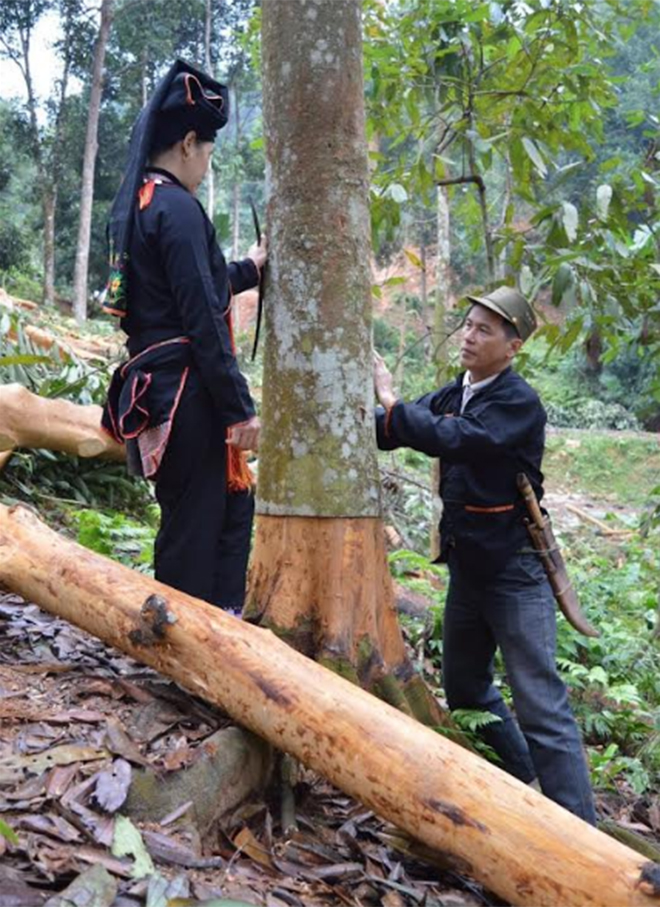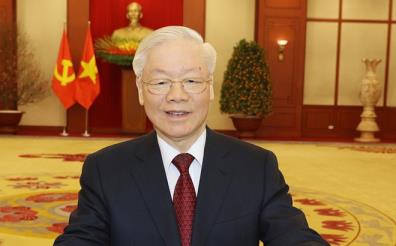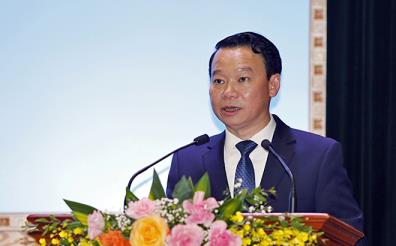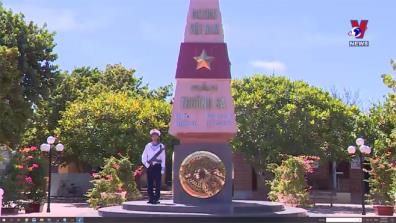Van Yen cinnamon farmer earns billions of Vietnamese dong amidst COVID-19
- Friday, November 19, 2021
YBO - The COVID-19 pandemic has impacted production and business activities of many people, but Ban Van Minh in Lang Cau village, Tan Hop commune, Van Yen district is still well-off because he has collected more than 1 billion VND from cinnamon.

|
|
|
Other news

As of now, Yen Bai Province has a total of 273 OCOP (One Commune One Product) items certified, including 25 products rated 4 stars and 248 rated 3 stars.

Since the beginning of the year, Van Yen District has recorded 90 individuals participating in overseas labor programs. Among them, 45 workers were sent to Japan, 7 to South Korea, 36 to Taiwan, and 2 to Qatar. This makes Van Yen the locality with the highest number of overseas laborers in the province as of early 2025.

Since the beginning of 2025, the implementation of a range of coordinated measures has enabled Yen Bai Province to achieve positive outcomes in the disbursement of public investment capital. Notably, the province ranks among the 35 provinces and cities with disbursement rates higher than the national average.

Over the five-year period from 2021 to 2025, Yen Bai Province has created jobs for 110,339 workers. Of these: 56,393 were employed through socio-economic development programs, 11,907 accessed loans from the National Employment Fund, 2,886 worked abroad under labor export programs, and 39,153 were supplied to out-of-province employers.











